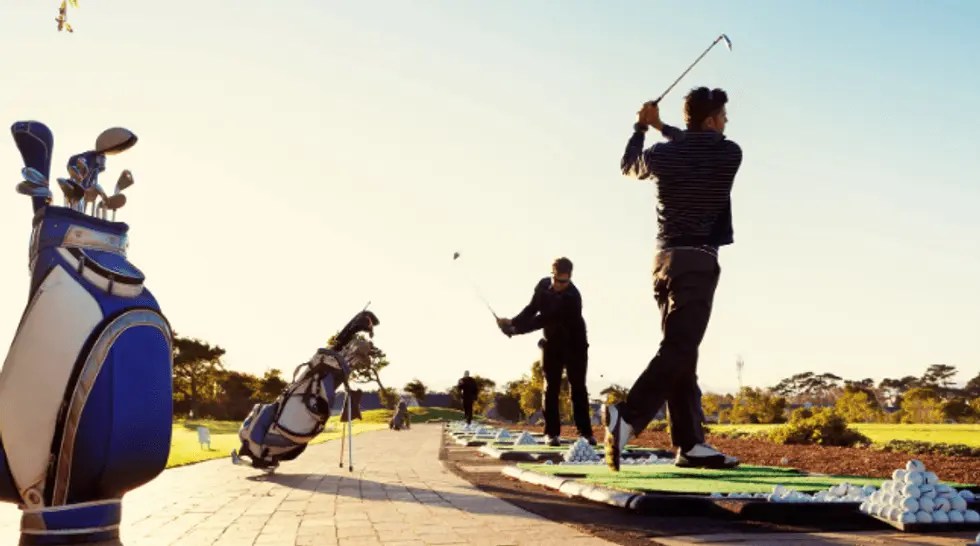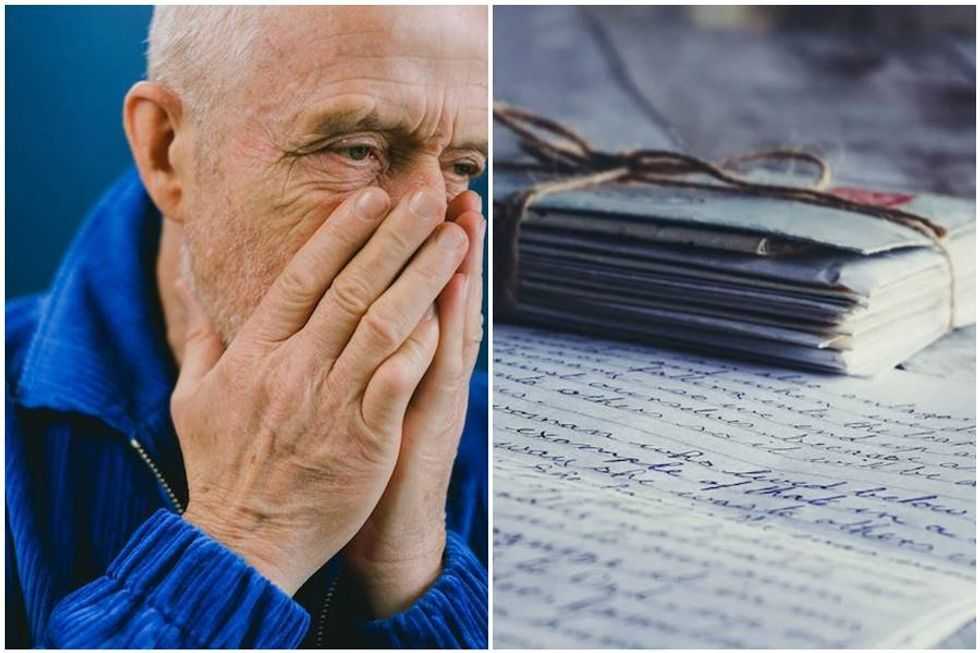Growing up gay wasn’t easy for Irish YouTube star Riyadh Khalaf (aka “Riyadh K”), who was targeted by bullies from a very young age.
Image via Riyadh Khalaf/YouTube.
“I was being harassed about my sexuality even before I knew what my sexuality was, which was terrifying,” Khalaf told Upworthy. “Because the worst fear in the world for a young gay person is that it will get home — that your parents will find out.”
One classmate in particular tormented Khalaf so badly that the abuse continued to sting long after graduation.
According to Khalaf, words from the classmate, who he prefers not to name, made things so difficult it negatively affected his schoolwork and forced him to deny part of who he is for years.
“To consciously alter the way you talk, the way you walk, the things you are talking about, the questions you ask in class simply to make yourself less of a target,” Khalaf says, “That’s tiring. It’s so exhausting. And it makes you kind of lose who you are.”
Now an adult, Khalaf knew he needed closure. So he got his former bully’s number from a mutual friend and called him up. And he decided to film the whole thing.
Image via Riyadh Khalaf/YouTube.
Khalaf had no idea what to expect. Would the classmate deny everything? Would he continue to insist that Khalaf had deserved it? According to Khalaf, another former bully he had tried to contact a few days earlier had refused to talk to him. Would this one clam up too, once he knew he was being recorded?
Thankfully, none of that happened.
Khalaf’s classmate was a little surprised at first.
“Until this phone call, I thought we were cool anyway!” — Khalaf’s classmate. GIF via Riyadh Khalaf/YouTube.
And a little defensive, at times.
“It’s secondary school. You just have to take it on the chin. It is kind of what it is.” — Khalaf’s classmate. Secondary school = middle/high school. GIF by Riyadh Khalaf/YouTube.
But as the conversation went on, he acknowledged what he did
.
“Like we slagged on you for being gay.” — Khalaf’s classmate. Slagged = made fun of. GIF via Riyadh Khalaf/YouTube.
And he apologized.
“Eh, like I said, I’m really sorry. I obviously didn’t know that was happening in secondary school. Feel kind of bad about it now.” — Khalaf’s classmate. GIF via Riyadh Khalaf/YouTube.
It was a moment Khalaf had been waiting for since secondary school.
“It was overwhelming, to be honest,” Khalaf. “It was something that you play over and over in your head for years, and you’re always wondering, ‘What would that reaction be?’”
According to Khalaf, the classmate gladly gave him permission to share the video on his popular YouTube channel.
“He said, ‘Absolutely. Go for it,’” Khalaf said. “‘Cause I explained the positive impact it could have on a lot of people. And thankfully it has already.” Khalaf says he’s received many comments from people who shared their own stories of bullying and say the video has given them hope that they too may one day heal and find closure.
Khalaf hopes the conversation can show other kids — LGBT or otherwise — who are currently experiencing bullying, that there’s some light at the end of the tunnel.
“We all go through some degree of bullying growing up, and it’s just about getting through it, knowing that it’s not going to last forever, and that closure can be found,” Khalaf said.
High school isn’t forever. People grow up. And most importantly, people change.
“To hear exactly what you were hoping to hear is a beautiful thing,” he said.
































